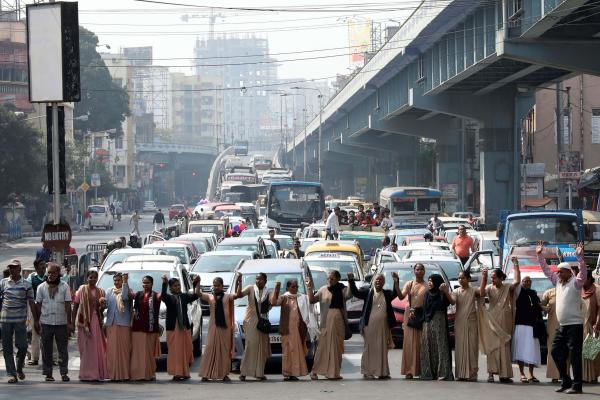Feb 4, 2020
As I write, thousands of Muslims families in Hyderabad have been cordoned off and interrogated for identity documents for themselves and their children. Concurrently, Modi’s BJP has forcefully stripped the predominantly Muslim Jammu and Kashmir of their autonomy and has shut off the internet and phones in the area with plans for ‘deradicalization camps’ similar to the Uighur detention centers.
Read the Full Article

Already a subscriber? Login
